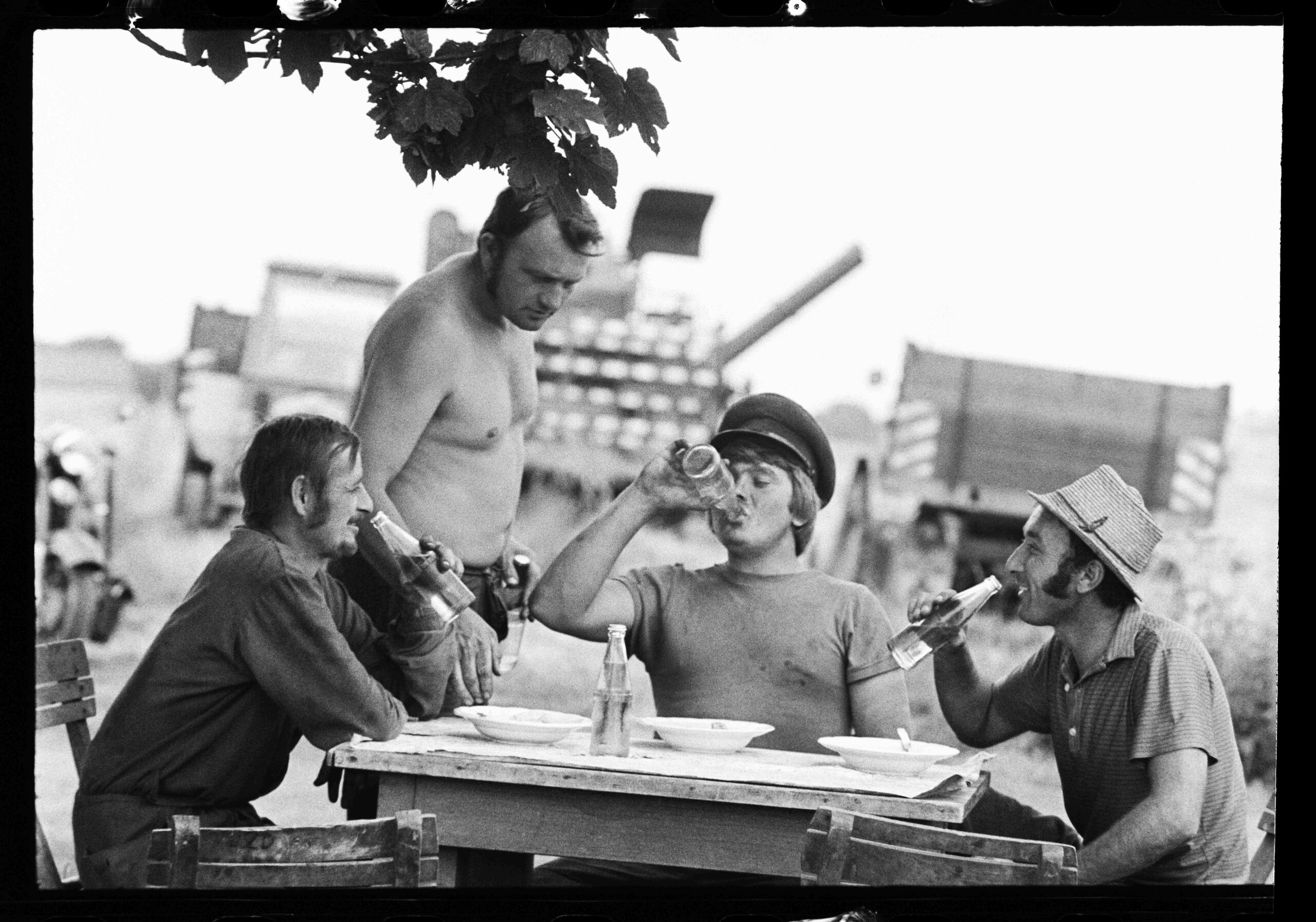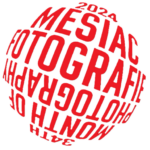STREDNÁ A VÝCHODNÁ EURÓPA
CENTRAL AND EASTERN EUROPE
VLADISLAV GALGONEK
MISTŘI VOLANTU
STEERING WHEEL MASTERS
Soubor Mistři volantu byl sestaven z fotografií autora uchovávaných od roku 1973 v archivu agentury ČTK. Zahrnuje především mužské (výjimečně i ženské) dělníky při sezónních zemědělských pracích. Jejich průběh Galgonek pravidelně dokumentoval pro agenturu a dnes, s odstupem padesáti let, představují specifický dokument normalizačního zemědělství. Výjimečnou skupinu pak tvoří snímky řidičů kombajnů, traktorů a dalších zemědělských strojů, které se Galgonek snažil rok co rok invenčně zachytit. Ať už z podhledu nebo průzory skrze radlice nebo žací lišty. Soubor je dokladem dobového fotografického mistrovství, kdy autor musel kličkovat mezi řadou omezení, a přesto chtěl zachytit zajímavý moment v dobré obrazové kvalitě. Přitom nemohl sám volit témata, nesměl dokumentovat sklíčené nebo staré či postižené lidi a jeho snímky denně podléhaly ideologické i obrazové cenzuře v agentuře.
Kurátorka: Štěpánka Bieleszová
The Steering Wheel Masters has been compiled from the author’s photographs, preserved in the archives of the Czech News Agency since 1973. The series primarily features male (with occasional female) workers engaged in seasonal agricultural labour. The author regularly documented the progress of this work for the agency, and today, fifty years later, these images serve as a unique record of agriculture during the normalisation period. The photographs depict drivers of combine harvesters, tractors, and other agricultural machinery, with Galgonek creatively capturing them year after year. His inventive compositions include perspectives from below or through the holes of blades and cutter bars. The collection highlights the photographic skill of the era, showcasing the author’s ability to navigate numerous restrictions while striving to capture compelling moments with high image quality. Despite not being allowed to choose his own subjects, document the elderly, depressed, or disabled individuals, Galgonek’s work was subjected to daily ideological and pictorial censorship by the agency.
Curator: Štěpánka Bieleszová



